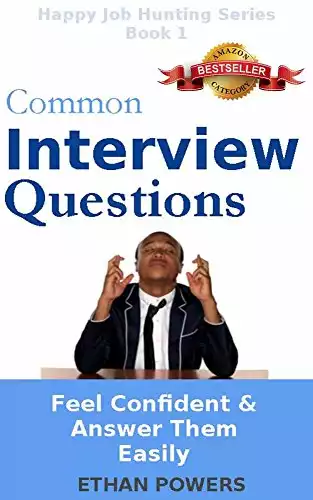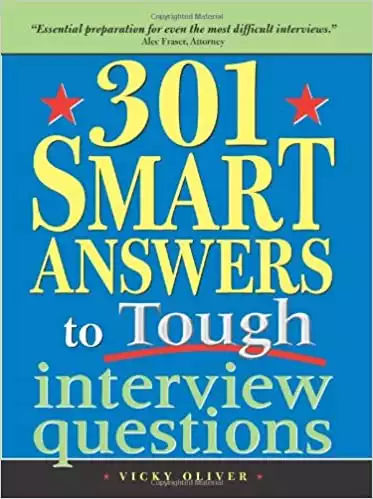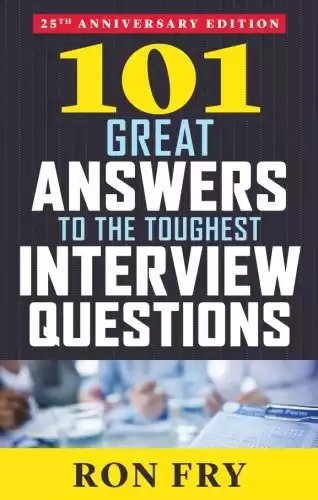We may receive compensation when you click on links to products from our partners.
With
So, consider the following:
You are Not Dressed for the Part
Let’s face it, job interviews are really not much different from auditions. You might have the talent, experience, and skills but maybe you don’t look the part. There is a fine line between dressing correctly and under-dressing. While overdressing is not a fatal mistake, under-dressing or not dressing correctly could definitely kill your chances of getting the job. Not sure how to dress?
- Call the company’s HR department and find out the dress code
- Find one of your connections on LinkedIn who works for the company and ask
- Dress as a manager or supervisor would dress
- Take a look at 5 Tips for Your Job Search Makeover
Patience is a Virtue
The job interview process can take some time, especially if you are one of the first to interview. While you should definitely send a thank you note (see below), don’t call or email more than once to get a status. Trust me, if they think you are the right person for the job they will call you.
- Don’t arrive too early for the interview (you don’t want to seem over-eager)
- Don’t dominate the conversation because you have a lot you would like to say. Let the dialog flow from the interviewer’s questions (and your questions).
- Don’t ask more than one question about “the next step” or “when can I expect to hear from your” or “where are you in the interview process”. One question along these lines is fine.
You Came on Too Strong
Yes, you should have a firm handshake. After that, try to balance your interaction with the interviewer. If you are too pushy and express high expectations early on you will probably not make it to the next round of interviews. Some questions are best left for future interview rounds.
- While it’s difficult to avoid the “how much do you expect to earn in this role” question, you should definitely avoid the “how much will I earn” question in the first few rounds. They most likely know how much you currently earn and would not interview you if you were out of their price range.
- Don’t ask “when can I expect to be promoted”. You can (and should) ask about the
career path for the position.
You Didn’t Send a Thank You Note
Some people think that Thank You notes (or emails) are “old-fashioned”. Thank You notes serve two purposes. First (if you use them correctly), they let the hiring manager know that you were listening during the interview (see Cover Letters). Second, a Thank You note is your opportunity to remind the interviewer why you are the perfect person for the role. Don’t miss out on this opportunity.
Honesty is Not Always the Best Policy (sad but true)
I’m not saying you should lie, but you don’t need to tell the interviewer every dark secret you have (and we all have some). So if the interviewer asks you what your weaknesses are, drinking too much is really not a good answer. There are, however, really good answers to really tough questions (and you won’t have to lie). Take a look at the following resources:
- 15 Nerve-racking Job Interview Questions and How to Answer Them
- How to Answer the Most Terrifying Job Interview Questions







